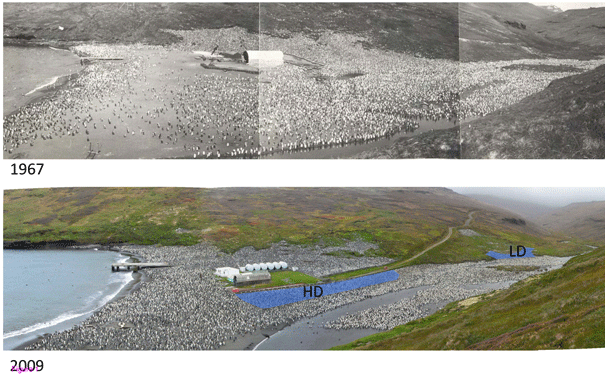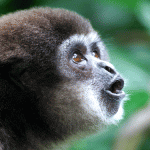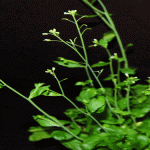
Aptenodytes patagonicus are stressed by human presence — but they're slowly getting used to us. Image: Shutterstock
Not so happy feet.
Scientists studying king penguins on Possession Island, sub-Antarctica, have found that tourists — along with researchers — may be stressing the waddling, flightless birds. However, it seems the penguins are getting used to their human visitors.
“A central question for ecologists is the extent to which anthropogenic disturbances (e.g. tourism) might impact wildlife and affect the systems under study,” lead researcher Vincent Viblanc of the University of Lausanne, Switzerland, says. “Several studies have shown how different species may react in different ways to humans in the wild. From our observations in the field, we noticed that some birds appeared more sensitive to humans than others.”
The Penguins tested belonged to the BDM colony, which is host to over 24,000 breeding pairs. The colony is located about 500 metres away from the permanent station Alfred Faure, and alongside a beach that has been used by researchers for logistical operations for the past 50 years; the stations also houses a number of scientific buildings and shelters.

Alfred Faure Station, showing areas of low and high disturbance of king penguins. Image: BMC Ecology
The researchers conducted tests on two separate groups: one of 15 penguins, which were breeding in areas disturbed daily by humans, and other group made up of 18 birds, which were breeding in an undisturbed area.
The scientists’ aim was to mimic tourist and researcher behaviour by approaching the penguins to a distance of up to 10 metres — they also let off a loud noise within close proximity to the penguins. A third more stressful test involved the capture of a penguin, which was intended to replicate the effect caused by researchers taking measurements. Stress was measured by monitoring the penguins’ heart rate.
In all cases, the penguins already exposed to human presence showed less signs of stress, except when captured; at that stage their heart rate rose by 42 per cent. Despite this increase, the exposed penguins recovered faster after capture than the undisturbed penguins.
“The impact of continuous human presence resides in the fact that penguins which have been exposed continuously to chronic disturbance appear to have habituated to certain types of stressors,” says Viblanc. “Another explanation may be that penguins which have a stress-sensitive personality have deserted the highly disturbed areas, and established themselves elsewhere, however our data does not allow us to conclude on this possibility.”
Viblanc notes that their research does not account for all penguin species, and that previous research has shown that species such as yellow-eyed penguins are highly sensitive to unregulated tourism.
“These findings highlight the need to study species which are in close contact with humans individually, as the stress responses may vary depending on the species, and the type of disturbance it is submitted to. Such studies are important to understand the data we collect, and to draft appropriate conservation measures,” Viblanc explains.
In the future Viblanc and his colleagues are interested in looking into the breeding consequences of human disturbances — impacted by tourism, researchers and other forms of well-intended human interference — on penguins. They will also be comparing their data against other king penguin colonies.






